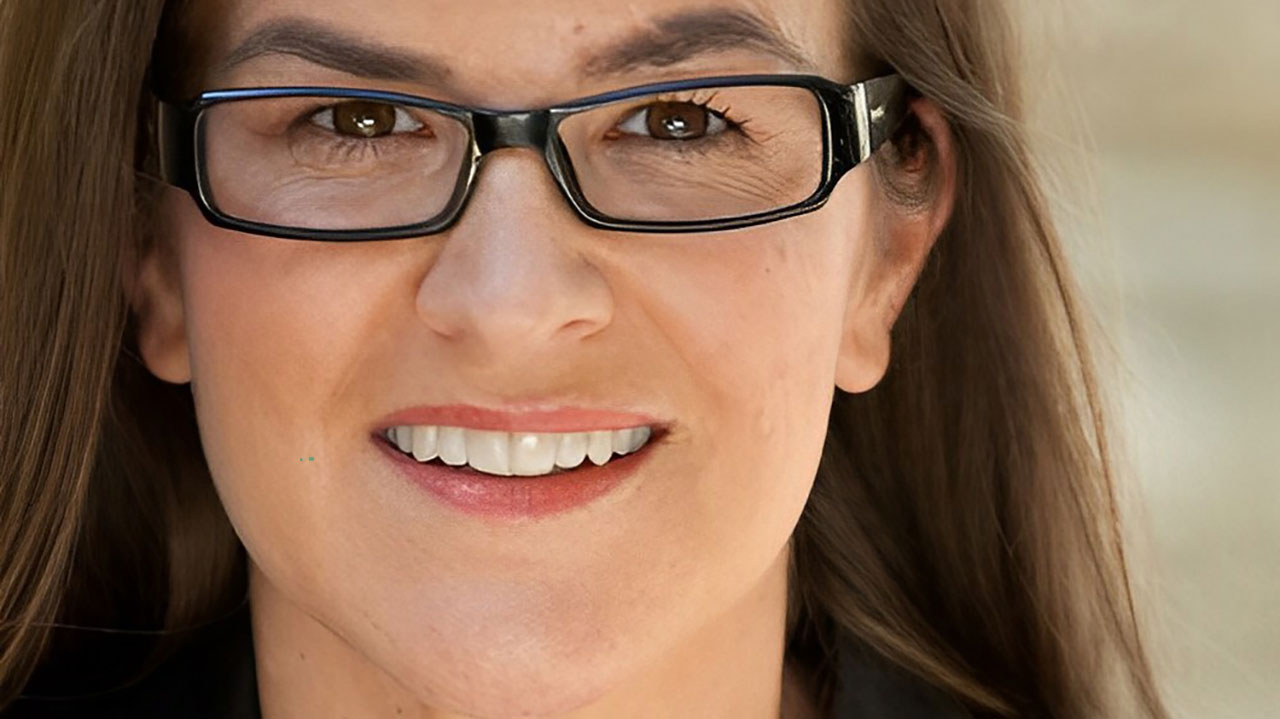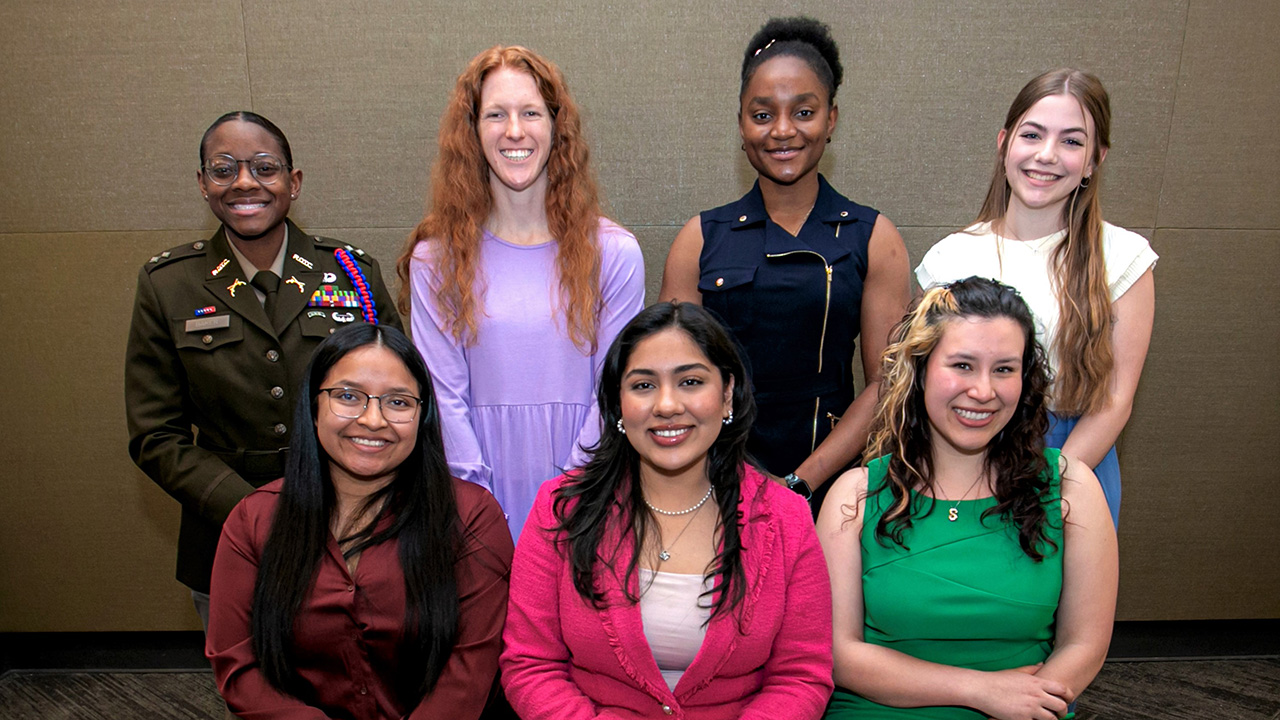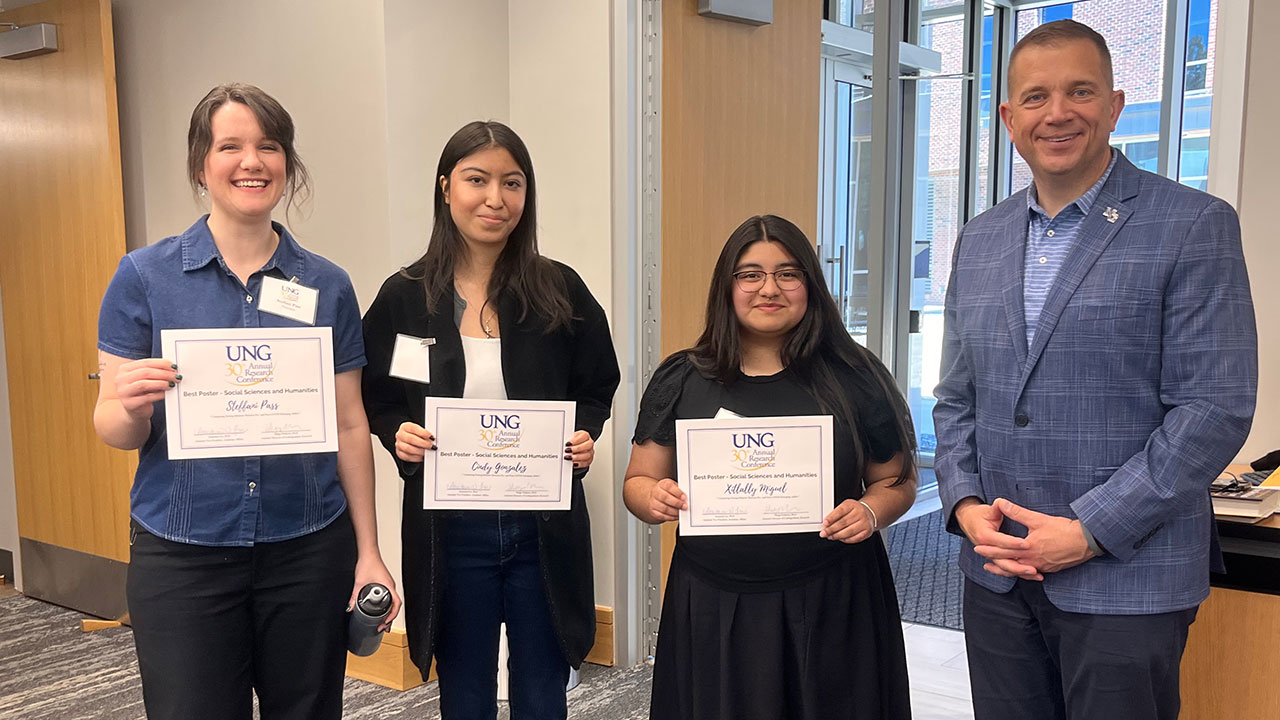Two UNG professors say the internet of things is not secure

Article By: Staff
Dr. Bryson Payne, director of the Center for Cyber Operations Education and professor of computer science in the Mike Cottrell College of Business at the University of North Georgia (UNG), and Dr. Tamirat Abegaz, assistant professor of computer science at UNG, are sounding the alarm over the internet of things (IoT) with a chapter in a newly published textbook.
IoT has brought a wealth of new technologies in homes and businesses onto Internet Protocol (IP) networks not designed to securely support a myriad of wireless devices. Networks that once hosted only computers and printers now routinely support servers, Wi-Fi, mobile devices, Voice over Internet Protocol phones, alarm systems, security cameras, thermostats, door locks, and other building controls.
The temptation to hack these devices has never been greater. Fortunately, a wealth of information exists to secure the devices from potential hackers.
The textbook, "Computer and Network Security Essentials," edited by Kevin Daimi and published by Springer, covers computer and network security, cryptographic technologies, biometrics, forensics, and other topics.
Payne's and Abegaz's chapter, "Securing the Internet of Things: Best Practices for Deploying IoT Devices," analyzes best practices for securing computer networks with special attention to challenges, discusses selected major security incidents, details selected cyberattacks as proofs of concept, and presents a framework for securely deploying devices in the enterprise and at home.
“When considering the cost of a new smart-home device you’re thinking of buying, think about the total value of all the devices on your home network, then consider the value of all the data you store on those devices, from credit card numbers to tax and health records," Payne said. "A $25 doorbell webcam could give a malicious hacker complete access to your personal information.”



